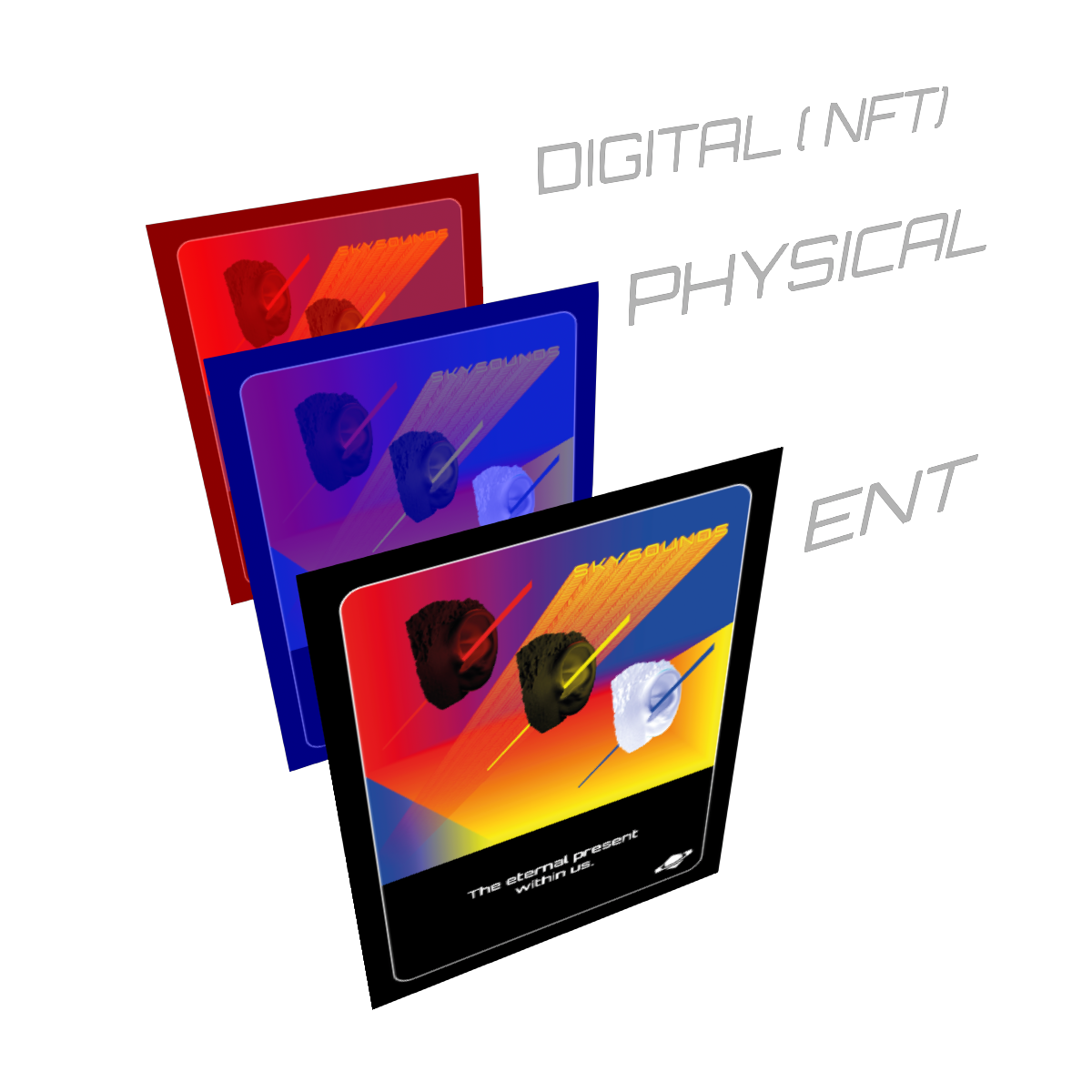An NFT, or non-fungible token, is a unique digital asset that is stored on a blockchain.

Each ENT Card is composed of a Physical card and an NFT card, and together they create a system that allows for co-ownership by individuals in different parts of the world, while still being part of the same system.
PREVIOUSNFC
NEXTHow to use them